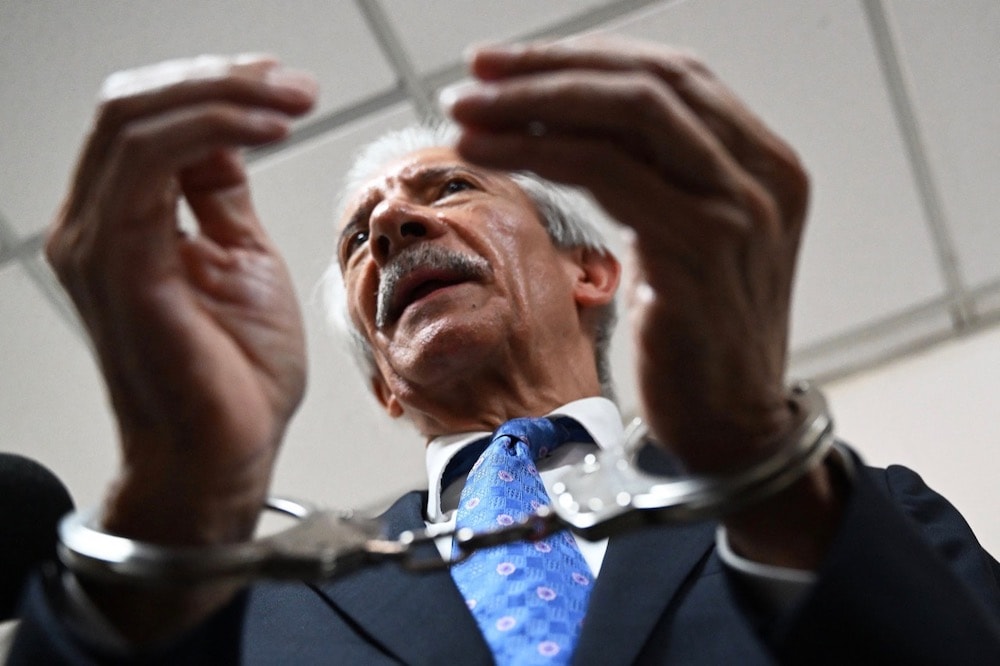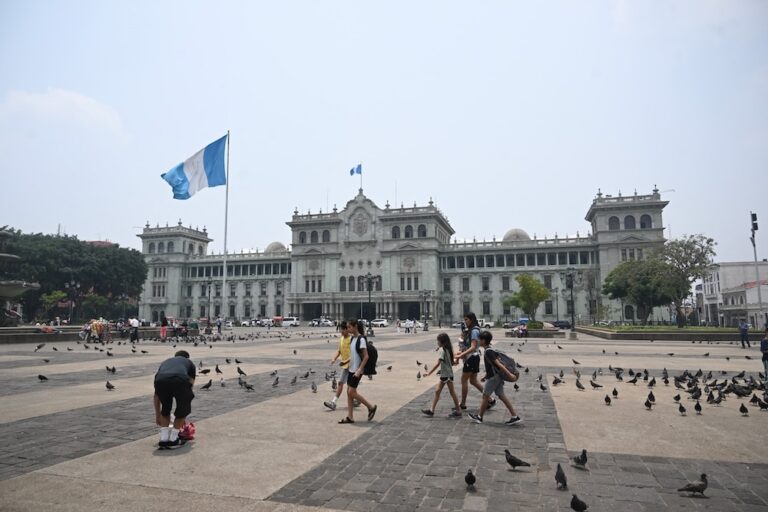The malice of the Guatemalan government against freedom of the press is once again in evidence with the request for 40 years in prison for journalist José Rubén Zamora.
This statement was originally published on en.sipiapa.org on 1 June 2023.
IAPA President Michael Greenspon pointed out that several Guatemalan journalists have had to leave the country for fear of manipulation of the justice system
The malice of the Guatemalan government against freedom of the press is once again in evidence with the request for 40 years in prison for journalist José Rubén Zamora by the Public Prosecutor’s Office, said today the Inter American Press Association (IAPA).
“We ask the Guatemalan government, given the suspicions of a lack of independence of the public powers, to put an end to its intimidating attitude against journalism and not continue damaging democracy in its country,” said IAPA President Michael Greenspon, global director of Licensing and Printing Innovation from The New York Times.
Greenspon pointed out that several Guatemalan journalists have had to leave the country for fear of manipulation of the justice system and due to signs that the Guatemalan government is using this case to intimidate and try to neutralize the press’s oversight.
The president of the IAPA’s Press Freedom and Information Committee, Carlos Jornet, observed that after a trial with multiple irregularities – money laundering, blackmail, and influence peddling, among other charges – the prosecution office now seeks a disproportionate sentence against a journalist whom they have already kept in jail for ten months.
“Eight other journalists and columnists of elPeriódico are also under official investigation for alleged obstruction of justice, including one of our former presidents, Gonzalo Marroquín, and the former director of the outlet, Julia Corado. Both had to leave the country,” said Jornet, the editor of the Argentine newspaper La Voz del Interior.
The newspaper elPeriódico closed its doors as a digital outlet on May 15, five months after ceasing to circulate in print. According to elPeriódico, the “fabricated case” against its president followed an official strategy after 300 days of political persecution and economic pressure.
In its report on Guatemala during the biannual meeting in April, the IAPA denounced a lack of due process and highlighted that the government used the Public Ministry to file charges against Zamora’s lawyers to block his possibilities of defense, and against other journalists who only gave their opinions on the case.
At the end of a visit to Guatemala in December 2022, an international delegation from the IAPA concluded that “the weakness in the functioning of the institutions is expressed in the lack of independence of the public powers.” The IAPA mission met with Zamora in prison, attended a conference in court, and met with officials from the Executive Branch, the Public Ministry, and civil society and human rights representatives.



